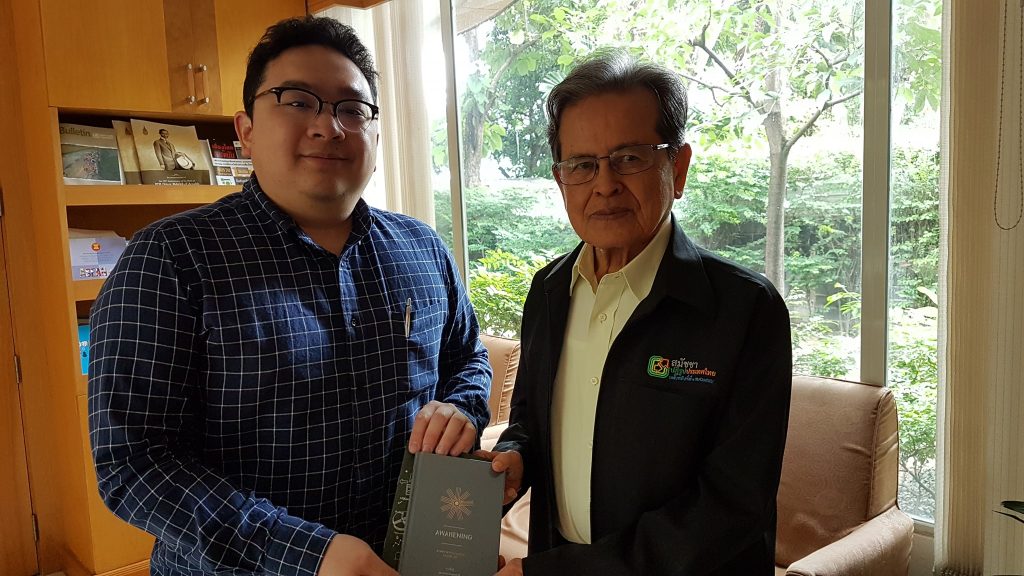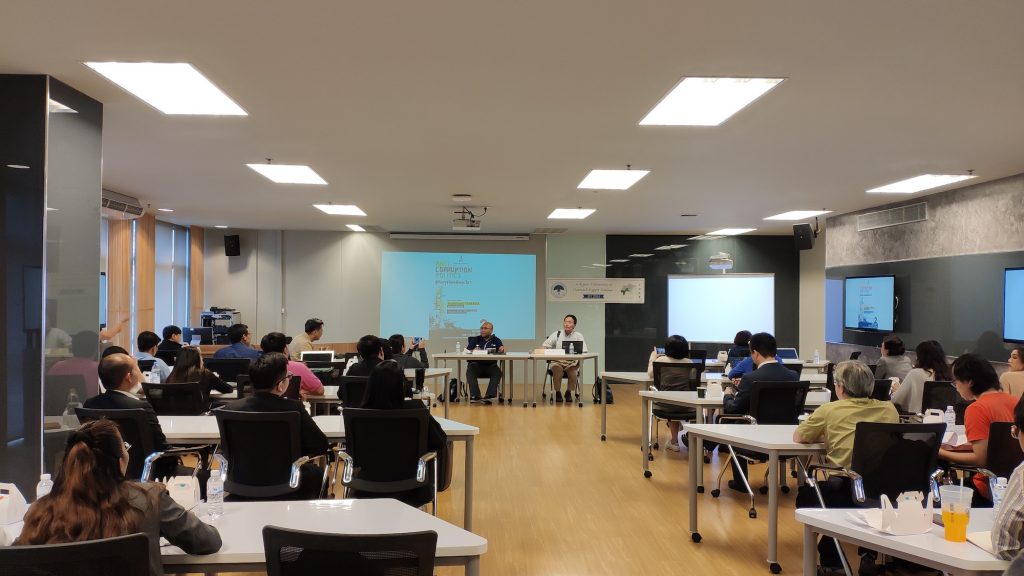バカ・ピグミーの乳幼児の愛着行動
対象とする問題の概要 狩猟採集民研究は、人類進化の再構成を試みるための手がかりを提供しうる。しかし、狩猟採集民の文化は多様であり、それゆえ人間の社会のアーキタイプを議論する上で様々な論争がなされてきた。そのような例の一つとして愛着理論にか…

When I initially planned my research program, my research title was not similar to the one shown in here. This is owing to the fact that the sources and information revealed by my informants directed me to change some of my research scope. I first planned on tackling the role of Prawes Wasee’s influence on Thai politics, particularly via health policy and civil society organizations, because Prawes himself has been a very influential man in Thai politics who had already pushed numerous national level policies, such as 30-Baht (approximately 100 yen) Universal Health Care Coverage during Thaksin Shinnawattra’s administration, or the Pracharat policy during Prayuth Chan-O-Cha’s administration.
My background, therefore, is to examine the in-depth role of Prawes Wasee and how he managed to manipulate Thai national policy and lobby for high-ranking positions in the political chamber, such as the cabinet or influential MPS, and at the same time also connected with those at a grassroots level via his network of medical care units across the nation. I intended to use Prawes’ function as the model to determine a clearer view of the mechanism of royal retainers in transmitting the royal agenda to the masses.
As aforementioned, I first intended to examine Prawes’ role in Thai politics in relation with the royal influence on society at large. Therefore, I mainly planned to interview Prawes Wasee, even though it is difficult to get an interview with him and no one has conducted an academic interview with him for at least a decade. Before I could do this however, there were many things I had to prepare. Apart from interviewing Prawes Wasee himself, I intended to gain as much information as possible from various informants. As a result of the information gained, I concluded that focusing solely on Prawes Wasee and his function may not be adequate to depict and answer the question I had in mind. Hence, I consulted with my advisor, Professor Yoshifumi Tanada, and concluded that I should change the research title, as shown here, to cover a broader scope. I then conducted interviews with more informants both in the pro- and anti-Prawes factions. I also attended some academic seminars and talked to both national and local politicians who ran campaign policies, particularly health care policies.

First, after a long process, I achieved a much sought after interview with Prawes Wasee. The interview granted me a new picture of his thinking that does not exist clearly in any of his literature, which is the vision of turning the nation into an organic state. Although Prawes has briefly mentioned this idea in some of his works, he has never constructed a full and clear picture. Somewhat like Thomas Hobbes, he believes in strong sovereignty, but in a much more refined version compared to Hobbes’ organic geobody. In Prawes’ case, it could even be called a “cellular state,” cellular as in “cell” not “mobile phone.”
His idea comes from his conceptual attempt to replicate the state order based on human blood cellular function; he sees the most miniature political unit as the blood cell. In this sense, power would be distributed much more directly and throughout society, but still maintains strong command or direction of what each and every single cell should do or be, and that is the function of a state’s sovereign power. His idea has deeply and widely seeped into the thinking of powerful Thai policy makers and lobbyists.
I then interviewed many high-ranking officers known to be part of his faction and they elaborated on how the policy was made in accordance with Prawes’ vision. Furthermore, I interviewed the anti-Prawes faction who also controls a large powerhouse in the Ministry of Public Health. The anti-Prawes faction noted how Prawes could establish his network and gain popularity among younger Thai medical doctors.
Finally, I also attended academic seminars on Thai politics and met with both local and national politicians who were running their election campaigns; health care policy has always been one of the biggest issues in society. In general, I believe I achieved everything I intended to.
From the information I have gained, I am now continuing to write my PhD thesis on the aforementioned topics. I would like find out how the Department of Health (in the Ministry of Public Health) has dealt with the health and medical literacy problems in Thailand which is a semi-modern state where folklore and anti-scientific beliefs are still maintained. This may be the point where Thailand has taken a different path from modern Western states.
Copyright © 附属次世代型アジア・アフリカ教育研究センター All Rights Reserved.